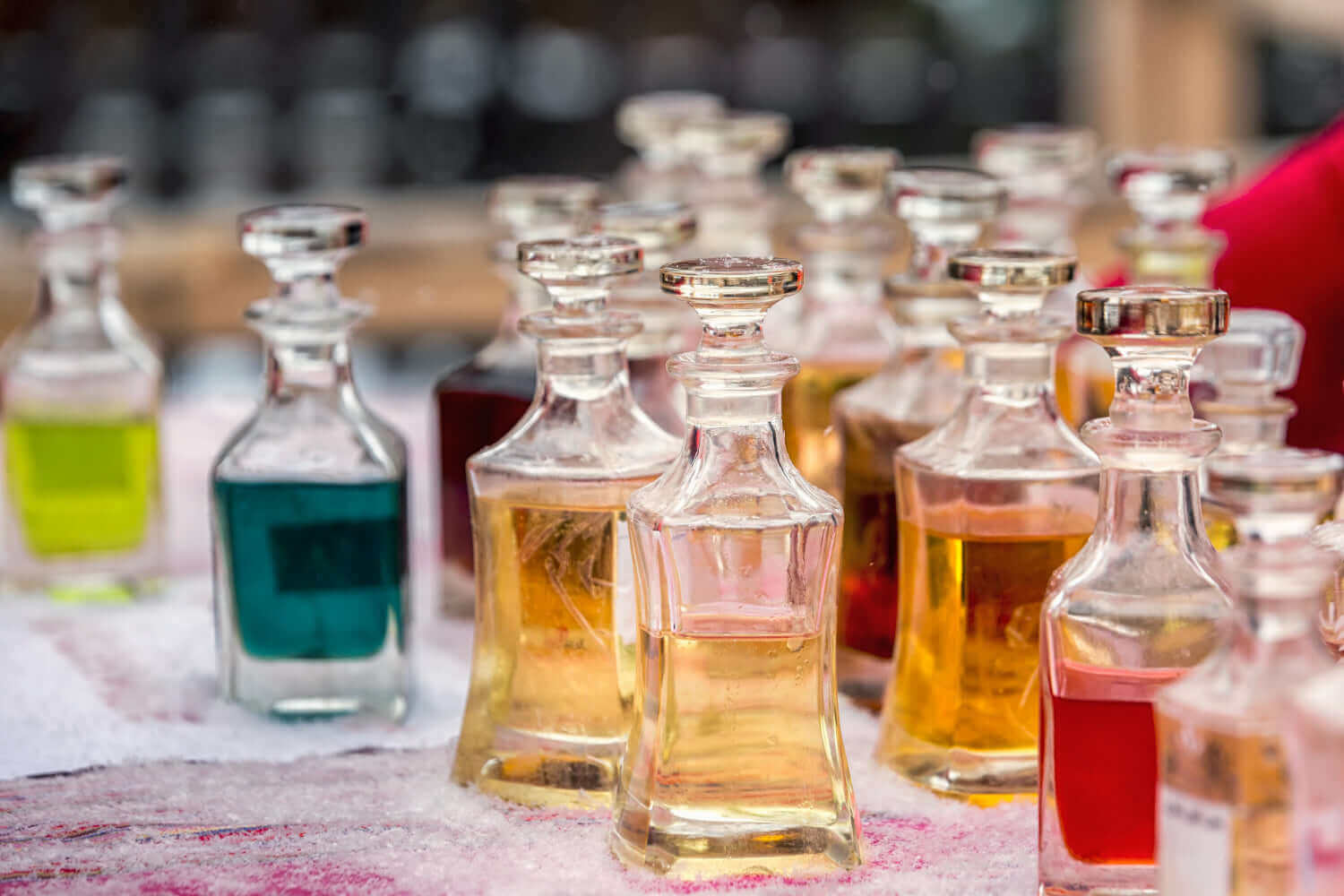Why does a perfume smell different on you than on someone else? And does "intense" automatically mean "long-lasting"? There are hardly any lifestyle topics that are as fraught with myths as perfume. It's high time to clear up the most common misconceptions – and show you what really matters when wearing fragrance.
1. The stronger a scent, the longer it lasts.
❌ Myth!
The intensity of a perfume has nothing to do with its longevity. Far more important are factors like your skin type (dry skin causes fragrances to evaporate more quickly), the climate, the concentration (EDT vs. EDP vs. extract), and, of course, the fragrance structure itself. Base notes like amber, musk, or woods, in particular, ensure a long aftertaste.
2. Spray more = longer effect.
👃 Not quite.
While a larger amount of fragrance may initially be more noticeable, that doesn't automatically mean it will last longer. Too much perfume can even quickly become overpowering. It's better to spray specifically on warming areas of the skin (e.g., wrists, neck, chest) – and reapply as needed throughout the day. Less is often more!
3. Perfume masks bad smells.
🚿 Better not!
Perfume is no substitute for hygiene. Quite the opposite: When scent meets sweaty skin, the mix can be unpleasant. The best way to achieve a long-lasting, pleasant scent is a fresh shower, perhaps an unscented body lotion—and then your favorite fragrance.
4. Rubbing your wrists together helps lock in the scent.
👐 A classic – but wrong.
While wrists are perfect pulse points, rubbing them changes the fragrance structure and, above all, causes the volatile top notes to dissipate more quickly. Better yet, spray on and let it work.
5. “It smells different on me.”
✔️ Absolutely right.
Our skin chemistry—especially its pH and natural odor—influences how a fragrance develops. That's why the same scent can have completely different effects on two people. Always test perfumes on your own skin before making a decision.
6. Expensive perfumes are automatically better.
💸 Not necessarily.
A high price can indicate high-quality raw materials—but also elaborate bottle design, marketing, or a big name behind the fragrance. What matters is how a perfume feels on your skin and whether it complements your style. Niche fragrances often score points for their creativity and quality, but they aren't always more expensive than designer perfumes.
7. Perfume is going out of fashion.
👗 Quite the opposite.
As in fashion, there are fragrance trends – but many classics last for decades.
Perfume never goes out of style – it's far more than just a scent. It's an expression of personality, an invisible accessory that evokes memories and conveys emotions. Trends may come and go, but the desire to define oneself through a unique scent remains timeless. Whether classic, modern, or extravagant – perfume is and will remain an integral part of our lifestyle. And currently, signature and unisex fragrances are experiencing a real comeback.
8. There are fragrances for men and fragrances for women.
🌈 Just a marketing construct.
Fragrances are, first and foremost, emotions in bottles—and they have no gender. The fact that floral notes are considered "feminine" or woody scents "masculine" is culturally influenced. More and more perfumes are genderless—and that's a good thing. Follow your taste, not the label. While we do distinguish between women's and men's fragrances, unisex fragrances predominate. Our classification is purely subjective, and we always recommend trying a fragrance first. Regardless of gender.
9. Natural fragrances are better than synthetic ones.
🌿 Not necessarily.
Synthetic molecules are indispensable for modern perfumes—they make many accords possible in the first place and ensure stability, sustainability, and variety. Furthermore, synthetic perfumery often protects the environment, as rare raw materials such as sandalwood or musk no longer need to be extracted from natural sources.
10. Perfume lasts forever.
⏳ Unfortunately not.
Perfumes contain alcohol to preserve them, but fragrances still change over time. Light, heat, and oxygen damage them. Make sure to store your perfume in a cool, dark, and preferably airtight place. A fragrance can change over the years—that doesn't mean it's "bad," just different.
💡 Tip: If you use a fragrance seasonally, spray it into the air every now and then – this keeps it “active” and removes residue from the pump.
✨ Conclusion:
Behind every perfume lies more than just a pleasant scent—it's science, art, and emotion all at once. Don't be guided by myths; discover your very own fragrance journey. And if you have any questions or are looking for a fragrance that suits you—I'm just a message away.
